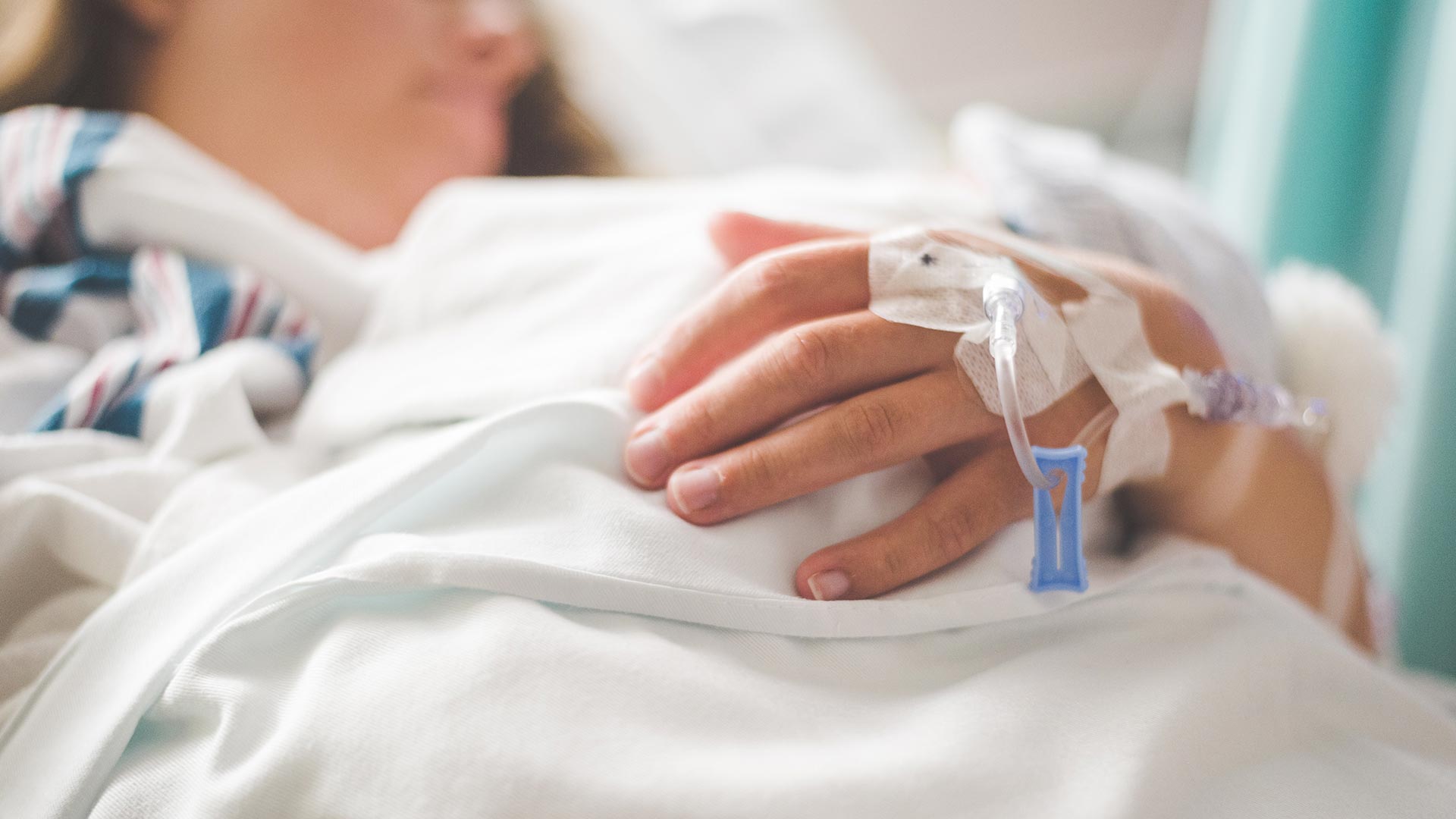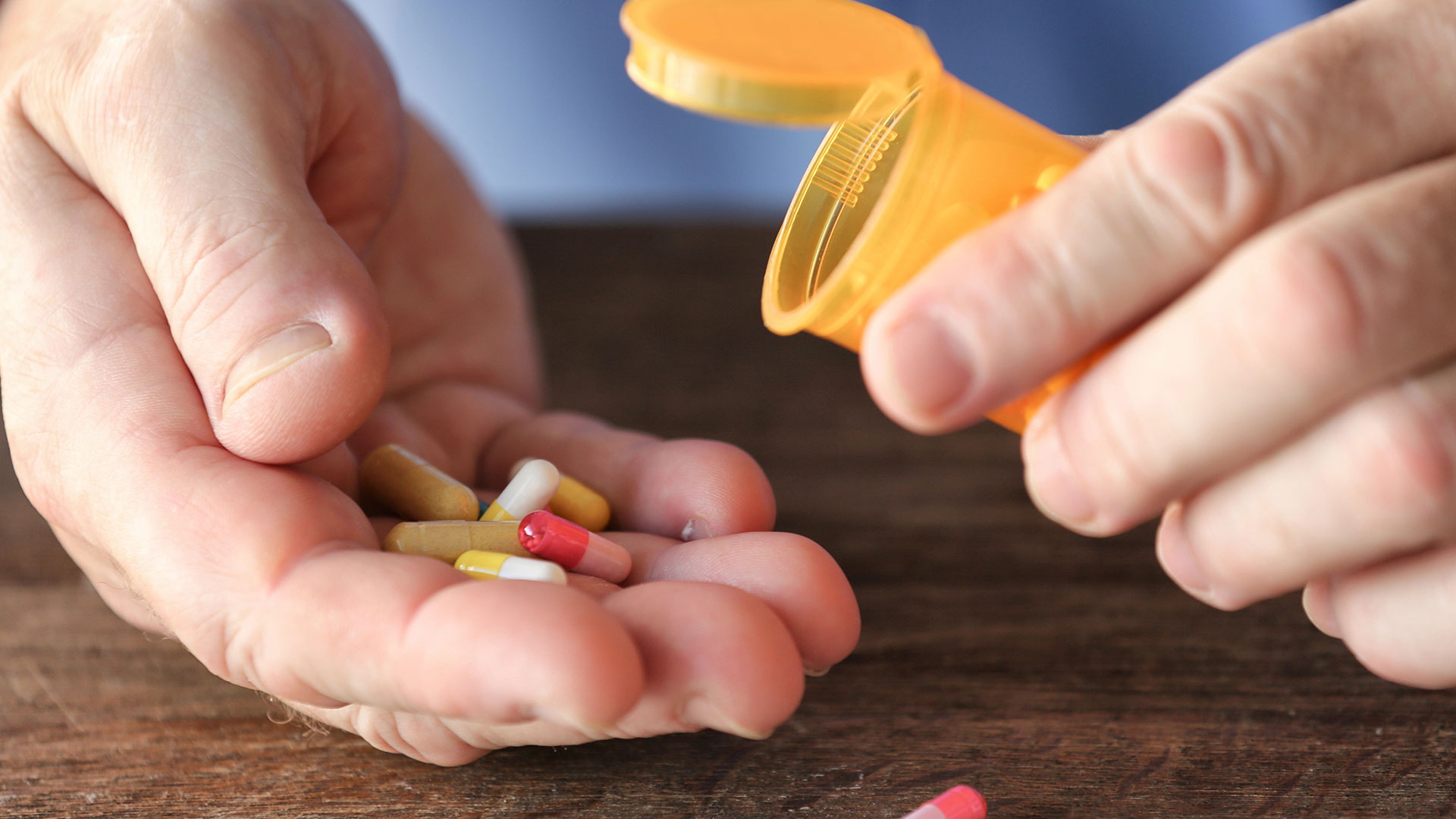Gabapentin addiction has become a growing concern, with recent studies showing a significant increase in misuse and dependency. Approximately 1.1% of the population has abused gabapentin at some point, highlighting the urgent need for awareness and intervention.
The risks associated with gabapentin abuse are substantial, ranging from physical health issues to psychological dependence. Understanding these dangers is crucial for preventing addiction and promoting the safe usage of this commonly prescribed medication.










